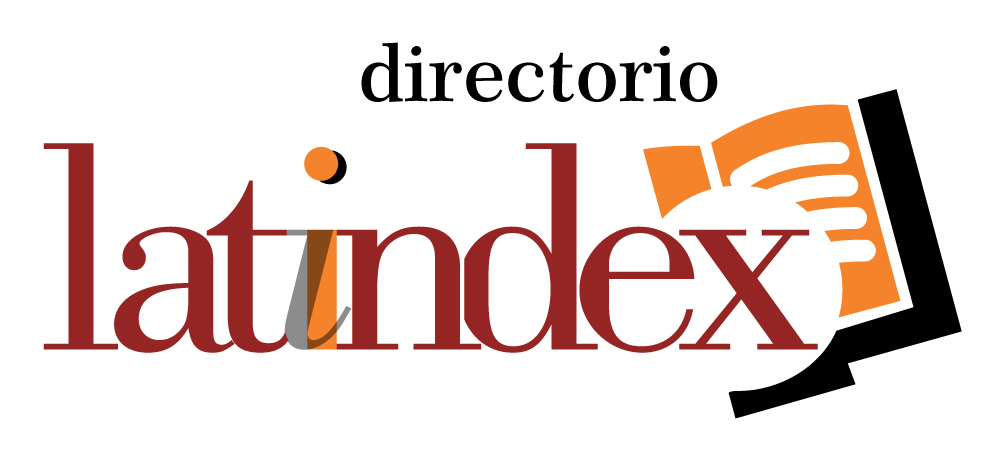The naturalization of meat consumption and some problems of scientific research
DOI:
https://doi.org/10.32870/jbf.v3i5.35Keywords:
Meat consumption, Proxy, Correlation, Causation, Locus of enunciationAbstract
Scientific research seeks to generate objective knowledge that helps us understand the world and address the questions and problems we face in society. This type of knowledge has profoundly impacted our conception of the world and ourselves, with both positive and negative effects. Consider, for example, the theory of evolution, which provided an explanation for the diversity of existing species and became part of the human intellectual heritage as a social convention, establishing teleological, aesthetic, and ethical mandates regarding how we should "respect our nature." Over time, there have been reinterpretations of the original Darwinian theory that criticize several of its theoretical foundations, such as the linear or progressive interpretation of evolution, which necessarily leads to more complex or superior organisms, and warn about the negative social consequences of those foundations that served to justify racism. In that sense, in this essay, I analyze a recent meta-study that questions the claim that there is archaeological evidence proving that the consumption of meat "made us human." Based on its criticisms, I present some methodological and theoretical foundational problems that are common among scientific investigations that take human beings as the object of study. Furthermore, through the analysis of these criticisms from the perspective of philosophy and social sciences, I highlight some epistemological, ontological, axiological, and teleological assumptions that justify erroneous interpretations regarding meat consumption. Specifically, the following aspects are analyzed: the role played by proxies, the naturalistic fallacy, the notion of "causality," the definition of "human being," the researcher's standpoint or "locus of enunciation," and the power dimension in knowledge production.
Downloads
Published
How to Cite
Issue
Section
License
Copyright (c) 2023 Universidad de Guadalajara

This work is licensed under a Creative Commons Attribution-NonCommercial-NoDerivatives 4.0 International License.
This is an open-access article distributed under the terms of the Creative Commons Attribution License (CC BY). The use, distribution or reproduction is permitted, provided the original author(s) and the copyright owner(s) are credited and that the original publication in this journal is cited, in accordance with accepted academic practice. No use, distribution or reproduction is permitted which does not comply with these terms.







